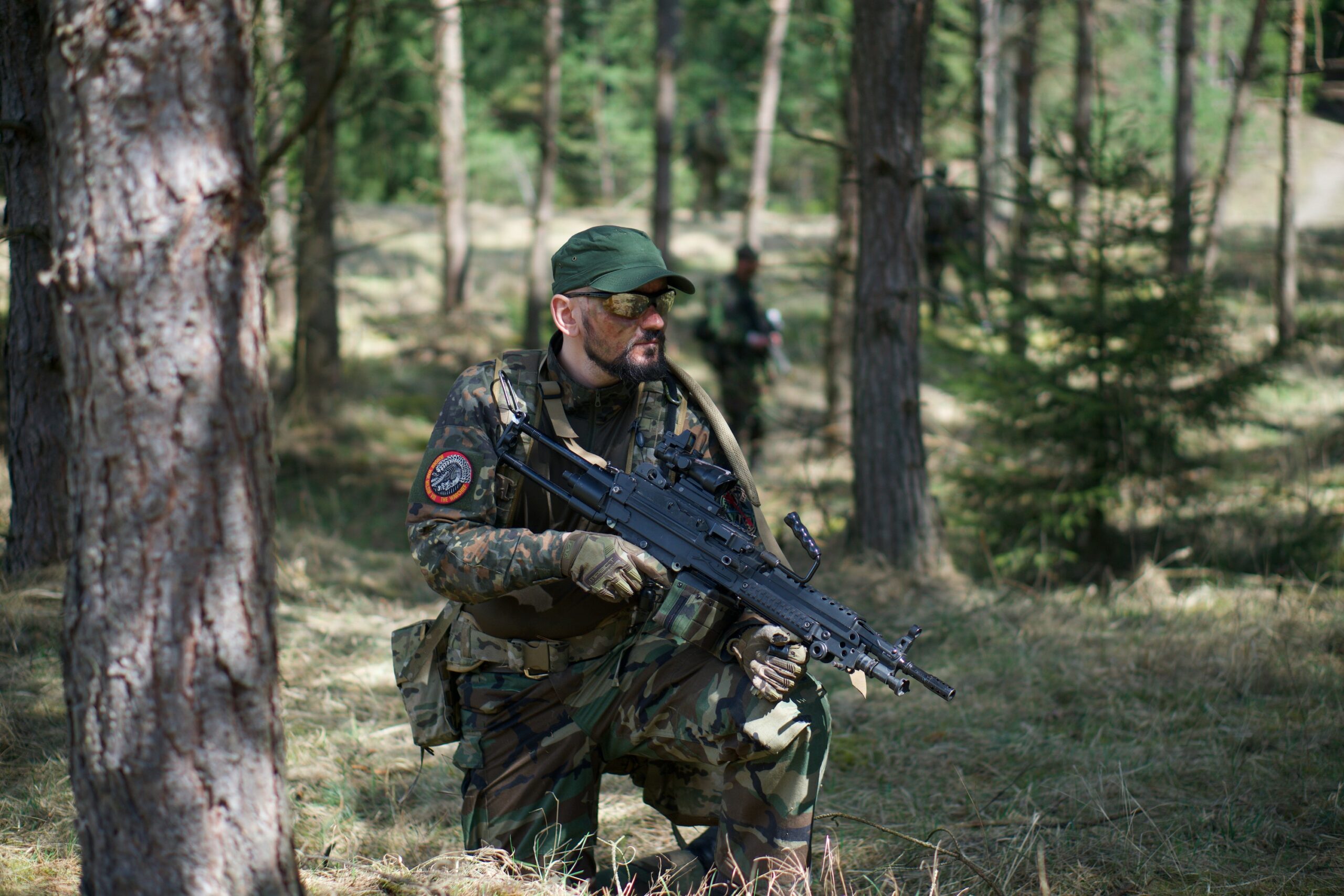The world of airsoft has seen a significant rise in the Philippines. As enthusiasts dive into this recreational sport, understanding the legal framework becomes imperative. This comprehensive guide will walk you through the nuances of registering your airsoft gun in the Philippines.
Understanding Airsoft Guns
Airsoft guns, often mistaken for real firearms, are designed primarily for recreational purposes. They can discharge plastic or rubber pellets but are distinct from replicas, which cannot fire any form of ammunition.
Do I need to register my airsoft gun in the Philippines?
Yes. While airsoft guns are primarily for recreational use, the Philippine National Police (PNP) mandates certain guidelines to ensure their responsible possession and use. The PNP recognizes the close resemblance of airsoft guns to real firearms, which can lead to potential misunderstandings or misuse. As a result, the registration process is designed to ensure that only responsible individuals possess these guns, reducing the risk of accidents or misuse.
Legal Implications
Failure to adhere to the registration guidelines can lead to legal repercussions, including correctional imprisonment and hefty fines. Thus, it’s not just about enjoying the sport but also about being a responsible citizen.
Pros and Cons of Registering an Airsoft Gun
| Pros | Cons |
| Legal possession and use. | Time-consuming registration process. |
| Participation in official events. | Costs associated with licensing. |
| Adherence to regulations. | Need for regular renewals. |
Lastly, with the increasing popularity of airsoft games and tournaments in the Philippines, having a registered gun often becomes a prerequisite for participation in official events. This ensures that all participants adhere to a standardized set of rules and safety measures, enhancing the overall experience of the sport.
Does an airsoft gun require a license in the Philippines?
According to the PNP Circular No. 11, airsoft guns are a special type of air gun. These are restricted to sporting activities, such as war game simulations. To possess an airsoft gun, one needs a license from the PNP, following the PNP Standard Operating Procedure No. 13.
Age Restrictions
The minimum age to apply for a license is 18 years, ensuring that only responsible adults handle these recreational guns.
Where can I get an airsoft license in the Philippines?
The Philippine National Police is the primary authority for issuing licenses for airsoft guns. They ensure that individuals meet the criteria and use the gun within the legal framework.
Transportation Guidelines
While you might have a license, transporting your airsoft gun requires a separate Permit to Transport. This ensures the gun is moved safely from your residence to a game or exhibition site.
FAQs
1. What’s the difference between an airsoft gun and a replica?
While an airsoft gun can fire plastic or rubber pellets, a replica is merely a model of a firearm and cannot fire.
2. Are there transportation restrictions for airsoft guns?
Yes. A Permit to Transport is mandatory for moving an airsoft gun, ensuring safety and adherence to regulations.
3. How do election periods affect airsoft gun regulations?
Previously, airsoft guns were considered “firearms” during elections, leading to a ban. However, RA 10591 has now excluded them from this definition, ensuring no election gun ban applies to them.
Conclusion
Engaging in airsoft activities is thrilling, but being aware of the legalities ensures a hassle-free experience. By understanding and following the regulations, enthusiasts can immerse themselves in the sport without any legal hindrances.
- Can Airsoft Guns Be Used for Self-Defense? - December 17, 2023
- Guide to the Most Powerful Airsoft Snipers - December 17, 2023
- Is Airsoft Legal in Indonesia? - December 15, 2023

